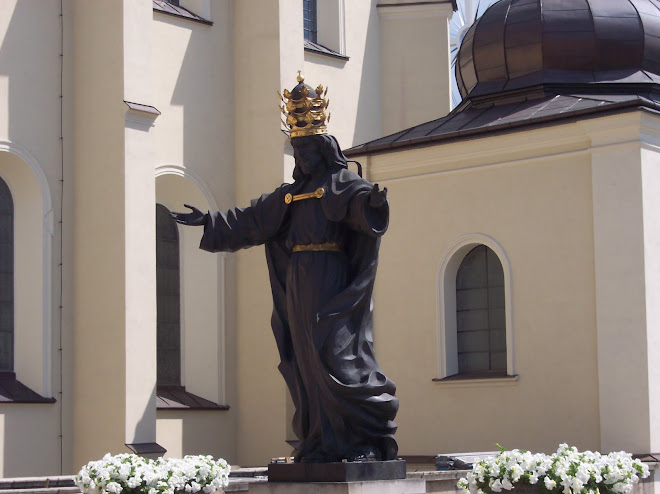In my last post, I wrote of German wartime behaviour only in Poland, but as most people who have even lightly read up on the subject know, the whole of occupied Europe was subjected to a vileness and vindictiveness not seen since the Balkan atrocities of the XIX century.
Belgrade in Yugoslavia, for example, was bombed until nothing stood. There was the routine murder of hostages (men and boys over 16, and often women and girls too), fifty for every invader wounded by a patriot, and a hundred for every one killed.
Above: German soldiers and their handiwork, murdered Polish farmers.
Above: Poles taken hostage wait to be driven away to be murdered
There was Lidice in Czekoslovakia, inhabitants massacred and the village ploughed under, following the killing of heydrich.
In Oradour-Sur-Glane, France 642 people, as old as 90, and as young as a few weeks were shot in the legs so they could not flee, and then deliberately burned alive in German reprisals.
In Poland, the vindictiveness could be petty as well. The Germans dynamited the Grunwald memorial which commemorated the Polish victory in 1410 over the Teutonic knights. They destroyed the monument in Kraków to Adam Mickiewicz, who had had the temerity to be a famous Polish writer. (below)
When von dem bach, the butcher of Warsaw, was asked by a Pole how the nation of Bach and Hegel could behave so barbarically, he replied, "Because this is war."
Unfortunately he escaped execution.
And why am I recounting all this which happened over seventy years ago?
Because it did not just happen, it was deliberate.
Because the lives that were unjustly taken impinged and still impinge on other lives, of people still living. I grew up without my Father. My Stepfather saw his brother killed in Sicily. At the outbreak of war, all five brothers had agreed that, if any of them died in the war, the others would lake care of his wife and children. They never found the dead brother's wife and children, presumambly killed in the Blitz. Nothing special about it - these stories are just two out of millions throughout Europe.
Because, while West Germany went on to prosper, there was no chance of that for the counties abandoned to Stalin in the Western Betrayal.
And, lest I be accused of racism, my attitude is the same towards the evil English or British people who ran and profited from the slave trade.
Be damned to all of them.




+fl.jpg)




































